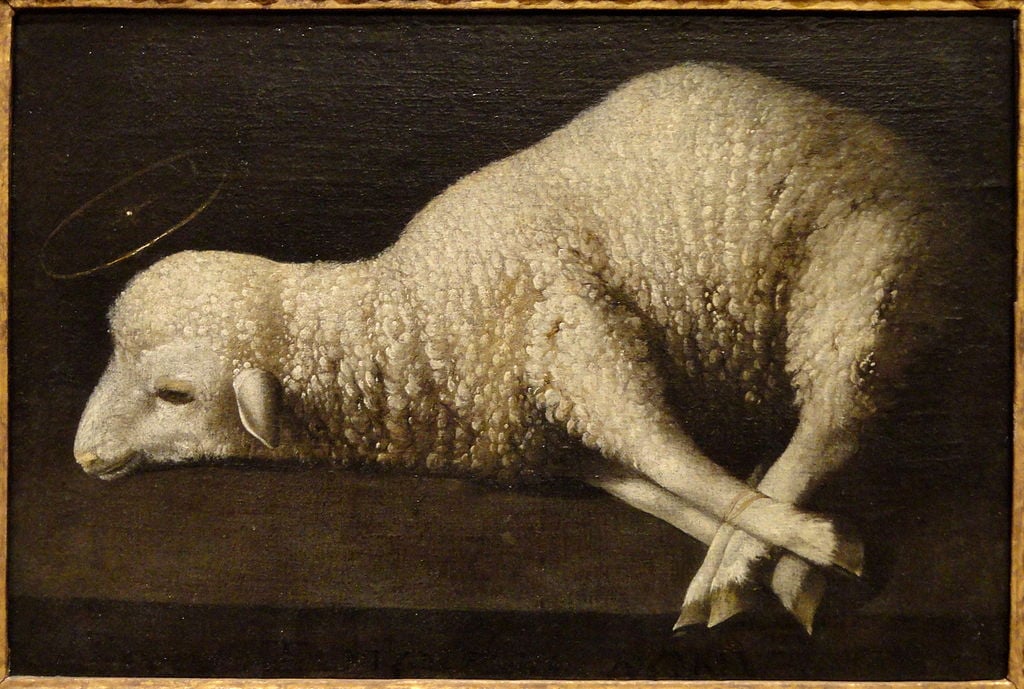The release of the new report on CIA torture highlights the peculiar “convenience” of being a Christian: for the Christian, it is utterly irrelevant whether torture works as an intelligence technique or not, because the ends do not justify the means and some acts are so objectively evil that they cannot be moral under any circumstances. For the consistent utilitarian, the use of torture represents a big question mark. For the Christian, not so much.
Or is that so?
I have watched the American debate a bit at a remove, partly because it is rarely fruitful to write prophetic injunctions; partly because I cannot think about this issue without thinking about my late friend and intellectual mentor Vladimir Volkoff.
Volkoff was, by my lights, one of the greatest writers and minds of the 20th century, and this was an issue he knew intimately, as an officer in the French intelligence services during the French war in Algeria. While there, his refusal, motivated by his Christian faith, to use torture essentially ended his career in the French military.
Unlike 99.999% of the people weighing in on this issue, then, Volkoff both had personal experience of what he was talking about, and had born a personal cost for taking the moral stand in difficult circumstances. If anyone was entitled to write about the issue in black and white terms, it was him–and yet, he did not. After all, he had seen torture, but he had also seen women and children indiscriminately murdered by fanatical terrorists.
In his greatest novel, The Moods of the Sea, much of which occurs during the Algerian War, a character who is clearly a stand-in for his younger self–a young, idealistic French intelligence officer of White Russian extraction–is confronted by an old, grizzled intelligence officer who is in many ways a reflection of his older self. The idealistic young man says that it is impossible for him to torture, because it is impossible for him not to see the face of Christ in a victim of torture.
To which the older man responds: what if you were in a ticking-bomb scenario?
He demurs, saying that ticking-bomb scenarios never happen in real life–you’re always interrogating someone who might know someone who might know something about something that might happen.
His interlocutor won’t let him off that easy, though: after all, is not torture unallowable under any circumstances? So, what if you really are in a ticking-bomb scenario? What if there is a ticking bomb under a schoolbus and the only way to prevent it going off is to torture a terrorist? Will you go see the parents of the dead children and lecture them about the face of Christ in their murderer?
The young man eventually responds that he would torture–and then resign his commission and probably retire to a monastery.
(This, by the way, is what I think has been missing from this whole discussion. Supposing that the use of torture really yielded important intelligence that saved many lives–should not these torturers be happy to go to jail over that? Why hide behind Justice Department memos? If saving many innocent lives requires you to spend time in jail, shouldn’t any honorable man be more than happy to take that bargain?)
I think Volkoff wrote a lot about the figure of the spy not just because of his experience in the intelligence world, or because of the obvious novelistic appeal, but because the spy is for him a figure of the Christian in the world. The figure of the spy confronts us with the inconvenient truth that Christian morality is impossible.
The spy is, by definition, the one who does evil for the sake of a greater good. He does not even have just war theories as a fig leaf. And yet, spy work is necessary, particularly within the context of the Cold War, when it was one of the few available ways to fight the demonic adversary of communism.
All public denunciations of torture are ritually festooned with proclamations of its practical uselessness as an intelligence-gathering method, a case which I believe to be true, as Volkoff did, but he won’t let us get off that easy, because that cannot be what the moral calculus rests on, and anyway it is impossible to be 100% sure of it.
What if torture did or could work? What should we say to the parents of the innocent people who die as a result of our principled refusal to torture? How do you maintain moral purity in a world of necessary evils?
A contrario, is not perhaps the problem that, in a world infected by utilitarianism, we have lost the sense that, actually, some things really are so evil that you cannot do them regardless of the circumstances, even when those circumstances might prove extremely costly?
I guess Volkoff believed torture was wrong but also had a curmudgeonly impatience with pavonine moral grandstanding. And so even as I share the view of our Christian faith that torture is intrinsically evil, full stop, it is still a topic that I find difficult to write about. Which is probably why this blog post is so convoluted, so I guess I will stop here.












